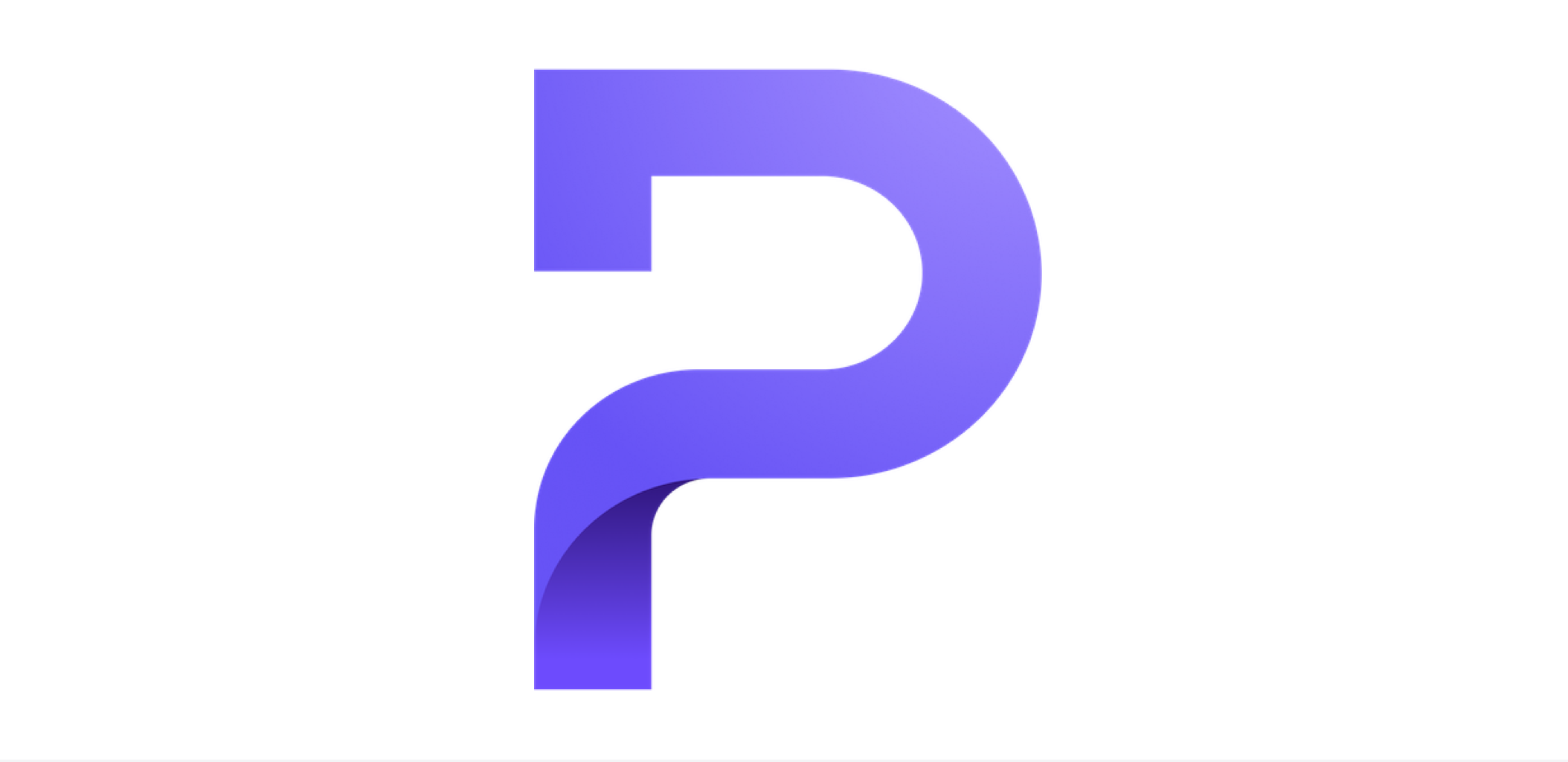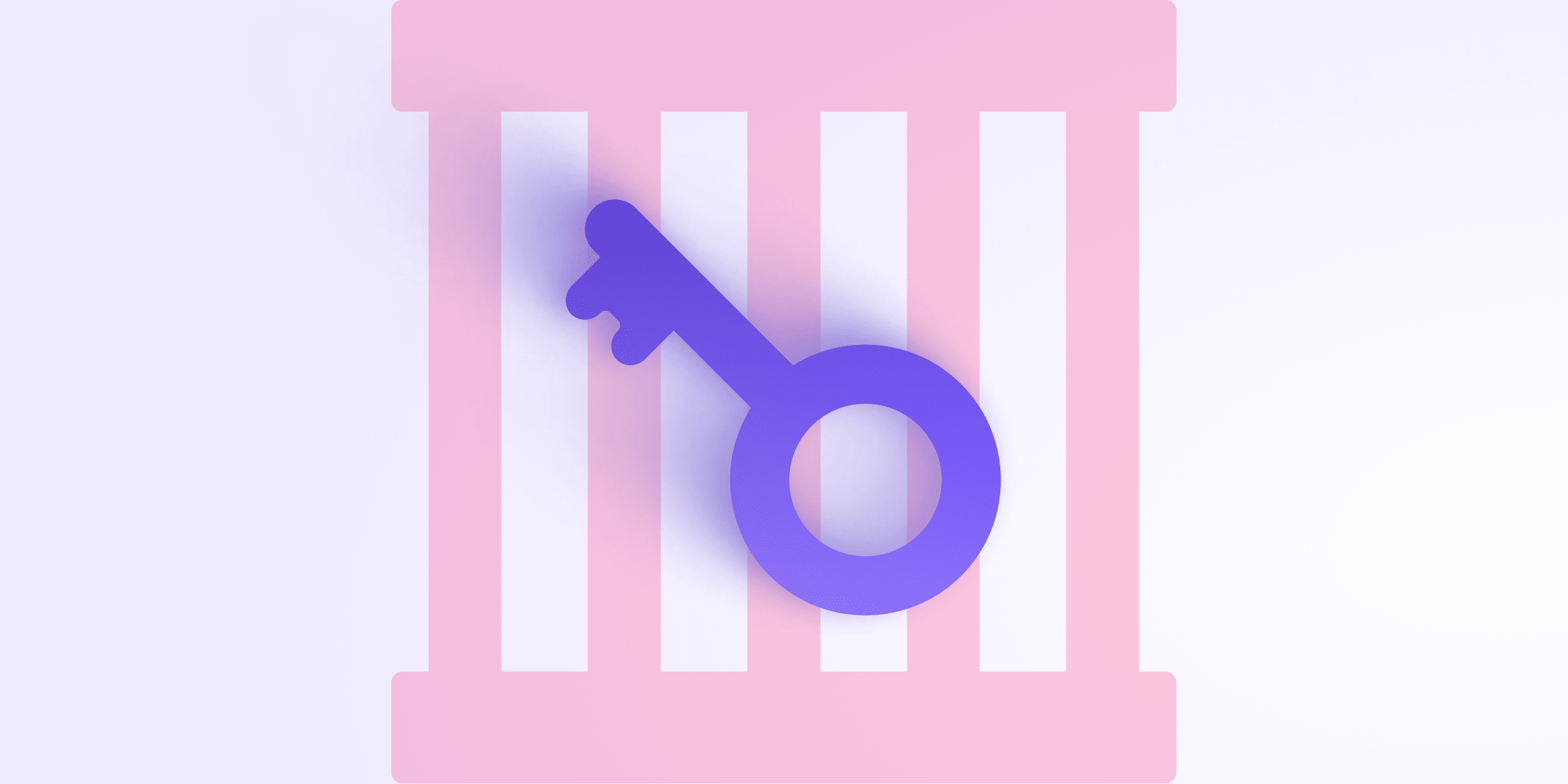UPDATE Sept. 15, 2020: SwissSign has dealt with the DDoS attack and has taken measures to prevent similar outages in the future. Therefore, we are using them again as our certificate authority. We have updated the fingerprints at the bottom of this article.
Proton has recently begun using Let’s Encrypt instead of SwissSign as the certificate authority to issue our TLS certificates on a temporary basis.
We have always been committed to transparency, safeguarding your privacy and offering you the best service possible. We regularly evaluate our certificate authority and have decided to temporarily switch to Let’s Encrypt because we believe they can offer a higher level of reliability after recent issues with SwissSign, which we explain further in this article.
This change will have no practical impact on your experience using Proton Mail and Proton VPN. You can still log in and use our services as you always have done. The only difference is if you check your TLS certificate manually, you will see that it was issued by Let’s Encrypt rather than by SwissSign.
Why we are temporarily changing certificate authorities
Certificate authorities are trusted third parties responsible for verifying websites’ servers and providing a stable and secure connection when users visit a website. In your browser, the padlock in your address bar indicates that your connection to the website’s servers is TLS encrypted and provides details about the certificate authority that is providing the certificate.
Learn more about TLS encryption and how it works(new window)
Our provider, SwissSign AG, has been under DDoS attack since last Monday, which led to interruptions of our services. It’s important to note that this didn’t put our users’ data at risk. Until SwissSign can mitigate the attack, we have temporarily switched to another certificate authority called Let’s Encrypt(new window).
Let’s Encrypt is a certificate authority operated for the public’s benefit by the nonprofit Internet Security Research Group(new window). This organization is sponsored by the Electronic Frontier Foundation, the Mozilla Foundation and others, and has an excellent track record for security and stability. Like us, they regularly publish transparency reports(new window) and use open standards wherever possible, so it is an additional benefit that Let’s Encrypt’s values align with ours.
You can review Let’s Encrypt’s documentation here(new window).
As always, we will continue to evaluate the best option for our users.
You can also find Proton’s new SHA-256 and SHA-1 below:
SHA-256 23:00:B8:54:21:8A:3D:4F:4F:E7:8B:58:9E:ED:FA:BB:16:65:51:89:D8:71:00:85:A5:67:D0:33:AA:60:3B:CC
SHA-1
42:65:80:E0:43:5A:08:9C:1D:26:14:7F:58:A1:6A:40:94:F2:59:A0
Best regards,
The Proton Mail Team
You can get a free secure email account from Proton Mail here(new window).
We also provide a free VPN service(new window) to protect your privacy.
Proton Mail and Proton VPN are funded by community contributions. If you would like to support our development efforts, you can upgrade to a paid plan(new window). Thank you for your support.
***
Feel free to share your feedback and questions with us via our official social media channels on Twitter(new window) and Reddit(new window).














